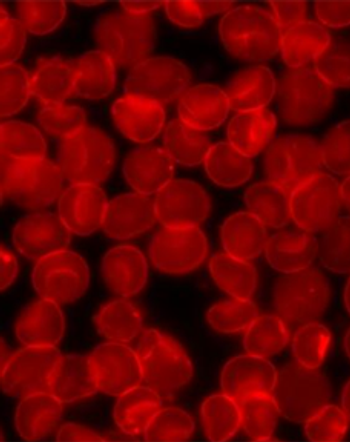
ASCO Expert Discusses the Use of Autologous Transplantation in Relapsed DLBCL
Nirav Niranjan Shah, MD, spoke about the use of autologous stem cell transplant in patients with relapsed, chemosensitive DLBCL during the era of CAR T-cell therapy.
In an interview with CancerNetwork®, Nirav Niranjan Shah, MD, of the Medical College of Wisconsin, discussed the use of autologous stem cell transplant in patients with relapsed chemosensitive diffuse large B-cell lymphoma (DLBCL) during the era of CAR T-cell therapy.
In a data analysis using the Center of International Bone Marrow Transplant Registry (CI-BMTR), Shah and fellow investigators evaluated whether the use of autologous transplantation in this patient population should remain the standard of care.
The results of the analysis, presented at the 2020 American Society of Clinical Oncology (ASCO) Virtual Scientific Meeting, strongly supported that autologous transplantation should remain the current standard of care.
Transcription:
Yes, I think the most important finding that I take away from this is that until we have randomized controlled trial data that shows that CAR T-cell is superior to autologous stem cell transplant in this specific patient population; that autologous transplant is the standard of care. Obviously, if you have chemo-refractory disease, well, that's a different patient population and those patients should be receiving CAR T-cell therapy. But I think we more need more data before we outright say that autologous transplant is no longer the most appropriate therapy for that particular population.
You know, the other major finding we found is that the overall survival did favor patients who had late chemotherapy failure. So that was a finding that we saw in our multivariate analysis, but besides that point, there was no difference in transplant related mortality rates of relapse or progression. And there's no difference in progression-free survival, which were the other endpoints of our analysis.
Newsletter
Stay up to date on recent advances in the multidisciplinary approach to cancer.





































